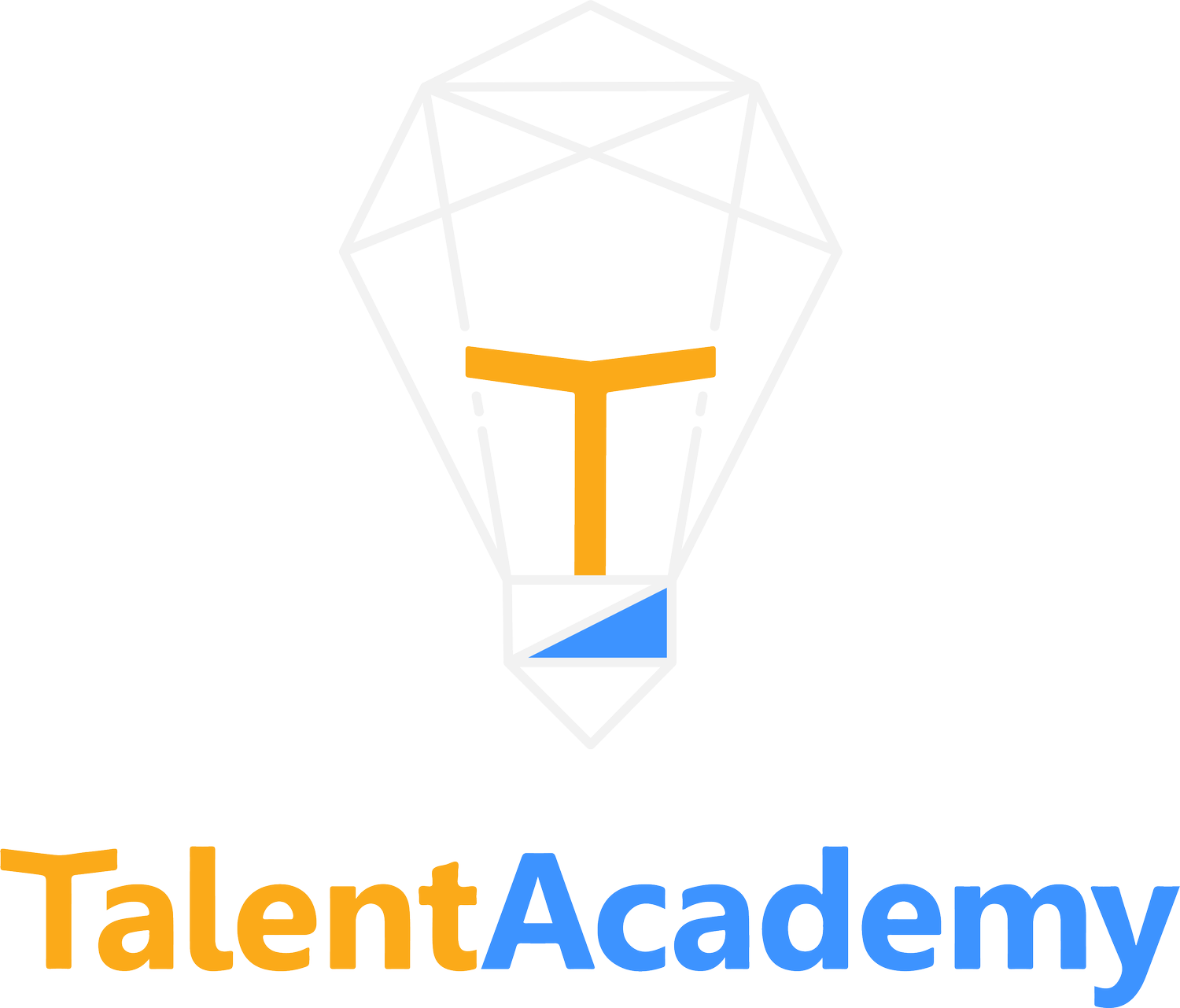Skills of the Future: Shouldering the Burden of Re-Skilling
Shortages and crises
As restrictions surrounding the current pandemic begin to lift, all eyes are turning to the future: the future of work; the future of employment; the future of learning. One of the most contentious concepts that Covid-19 has thrown into the spotlight is the need for employees to re-skill and for employers to facilitate this need.
While some UK commentators have referred to a “skills shortage”, it is a mark of respect for the seriousness and urgency of the current situation to invoke, instead, a “skills crisis”. According to digital skills coalition FutureDotNow, the stakes involved in re-skilling can be articulated through a princely price tag of £141.5bn: this figure represents a potential GDP loss over the next decade which may occur if appropriate efforts are not made to re-skill workers.
These high stakes are hardly lowered upon consideration of the number of workers who will need to re-skill. Recent research by the McKinsey Global Institute estimates that around 357 million people will need to acquire new skills by 2030 due to the projected rise of automation and artificial intelligence.
Taking on the burden
In the face of such data, the need for re-skilling to take place is beyond doubt. A new and pragmatic question does, however, raise its head: whose responsibility is it to implement the re-skilling process? Employers, employees, or a third party?
Arguments that the onus for such time-consuming work should be placed solely upon the shoulders of workers has met with popular resistance in recent years. One need only glance, for example, at the uproar following the UK’s notorious “Fatima’s next job could be in cyber (she just doesn’t know it yet)” campaign to appreciate that re-skilling must be approached with a sense of collaboration and good faith.
Perhaps, then, the answer is to expect greater help on the part of the employers who require up-to-date skills. As a Master’s student who has been fortunate enough to land his first job during the Covid-19 pandemic, I have greatly benefitted from CloudStratex’s Talent Academy, a program explicitly designed as a “solution to the global IT Talent shortage”. Such programs are, however, far from the norm. Besides, the steep learning curve I have encountered during my transition from university to employment suggests that key digital- and business-related skills should be instilled at an earlier stage – and, indeed, an earlier age.
Getting schooled
When FutureDotNow’s research estimates that 17.1 million adults in the UK lack fundamental digital skills, such as operating a computer or smartphone, managing finances online, or, indeed, connecting to Wi-Fi, it is clear that the skills crisis must be addressed at the foundational level through systemic changes to education.
Though business and IT qualifications are available as GCSEs, data from Ofqual indicates a decline in students studying IT-related subjects by 40% between 2015 and 2020, while only around 90,000 GCSE entries for business studies are examined per year.
These figures indicate that business concepts should be introduced to a wider range of students as soon as possible. Moreover, there needs to be a re-evaluation of what is considered important, necessary, and prioritizable knowledge for students from an early age. Basic digital skills, workplace essentials such as writing a strong CV, and more defined concepts including agile methodologies could all be adopted by the current GCSE system, teaching valuable skills while shifting general perceptions of what constitutes a pragmatic and rounded education.
As technology advances and AI begins to play a role in our everyday lives, the need for employees to re-skill or up-skill on a regular basis will not disappear overnight. However, just as businesses continue to develop, so should education. With the right kind of implementation and by starting from secondary school, a new form of digital and business education could bypass the process of shortening the skills gap for a whole generation by ensuring that such gaps never come into existence.


